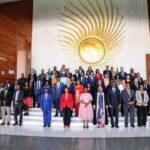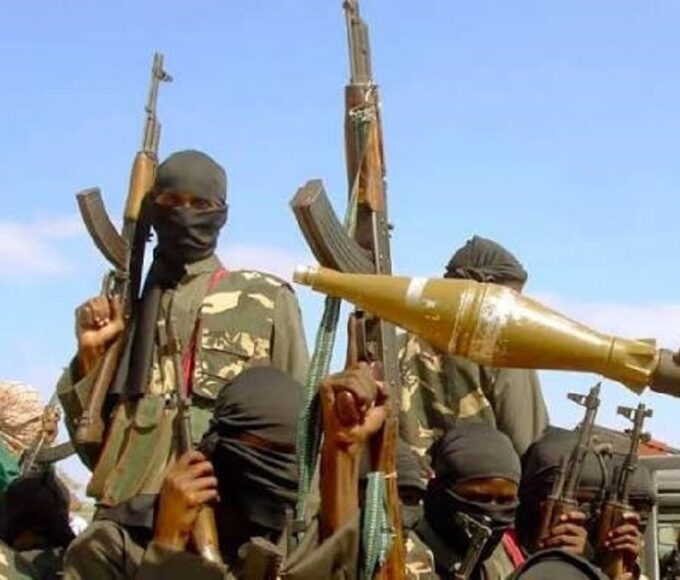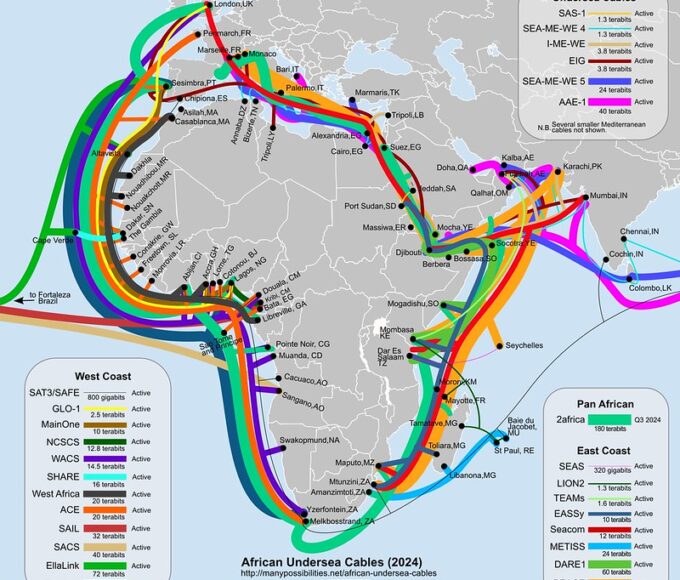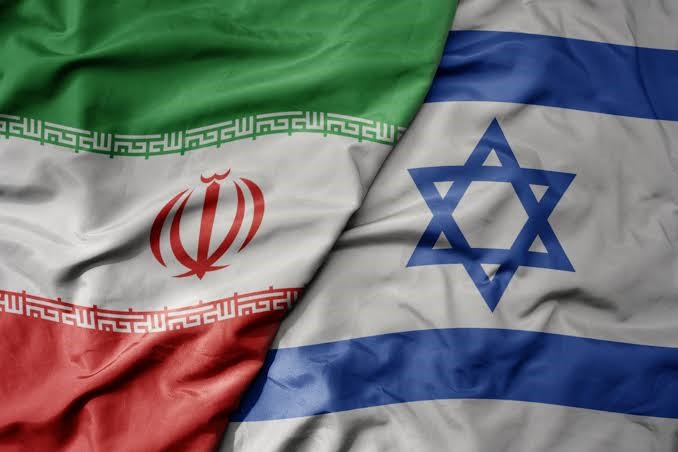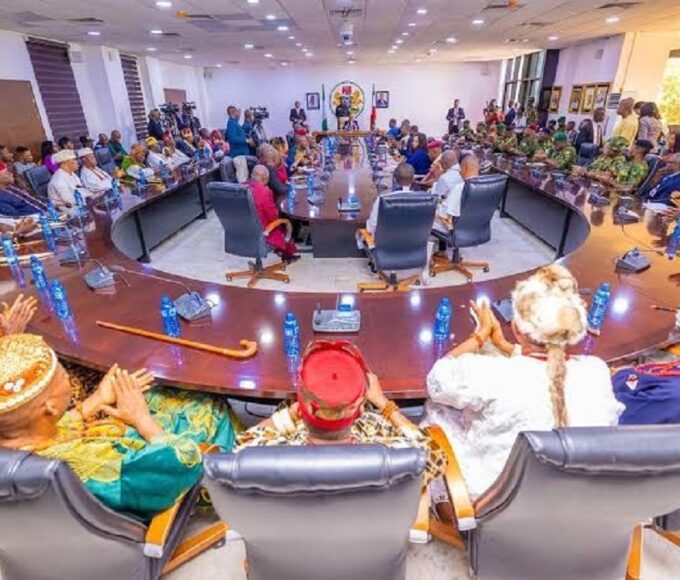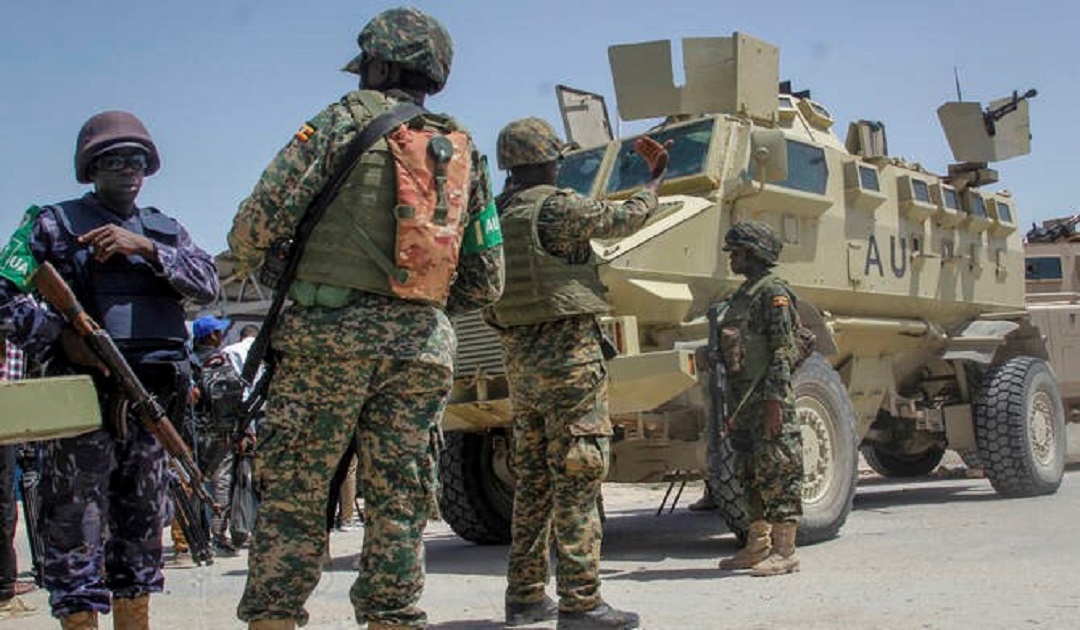
AFRICA’S PEACEKEEPING LEGACY: CONTRIBUTIONS AND SACRIFICES
Africa has long been at the heart of global peacekeeping efforts, carrying a legacy built on diplomacy, sacrifice, and resilience. From the earliest United Nations missions to the African Union’s home-grown interventions, African peacekeepers have consistently stood on the frontlines of conflict resolution, civilian protection, and post-conflict reconstruction. As of 2025, African nations remain among the largest contributors of troops to international operations, underscoring not only a commitment to regional stability but also to collective global security, often at the cost of tremendous human sacrifice.
Africa’s involvement in peacekeeping can be traced back to the mid-20th century, coinciding with the wave of independence movements and the conflicts that followed. In 1960, the United Nations Operation in the Congo became one of the first large-scale missions involving African troops. Countries such as Ethiopia and Ghana deployed personnel to stabilize the newly independent nation, establishing a precedent for African engagement in international security. The creation of the Organization of African Unity in 1963, and its eventual transformation into the African Union in 2002, further institutionalized peace and security as continental priorities. Since then, African states have taken part in more than 70 United Nations missions, adapting to shifting global dynamics from Cold War conflicts to modern asymmetric threats such as terrorism and insurgency.
Related Article: AI AND AFRICA’S MILITARY INTELLIGENCE: PROMISE AND PERIL IN A TRANSFORMING SECURITY LANDSCAPE
Today, African nations contribute nearly half of all UN peacekeepers, making the continent indispensable to the success of international operations. While Nepal leads globally in total troop deployments, African states dominate among developing nations. Ethiopia, Rwanda, and Egypt rank among the largest contributors, with thousands serving in volatile regions such as South Sudan, Mali, and the Central African Republic. Their responsibilities extend beyond patrolling conflict zones to include election monitoring, demining, and humanitarian support, efforts that allow fragile states to move toward stability. Rwanda has become a leader in police contributions, deploying nearly 1,000 officers as of February 2025, while Ghana and Morocco continue to rank highly in overall numbers. South Africa, building on its post-apartheid peacekeeping tradition, has deployed more than 1,100 troops, particularly in the Democratic Republic of Congo. These commitments strengthen Africa’s influence in global diplomacy and highlight the continent’s proactive role in shaping international security agendas.
The African Union has also stepped forward with its own missions, often intervening where urgent responses are needed. Its Peace and Security Council has authorized operations such as the African Union Transition Mission in Somalia, with troops from Burundi, Djibouti, Ethiopia, Kenya, and Uganda combating al-Shabaab. Financing these operations remains a challenge, but the AU Peace Fund has set a target for member states to cover a quarter of operational costs, with additional support potentially coming from the UN under Security Council Resolution 2719. This approach signals Africa’s determination to achieve greater self-reliance in managing its security affairs, even as it continues to rely on international partnerships.
Such achievements come with extraordinary sacrifice. Since 1948, more than 3,500 UN personnel have died in peacekeeping operations, with Africa shouldering a disproportionate share of the losses. Missions in Mali, the Central African Republic, and the Democratic Republic of Congo have been particularly deadly. In Mali’s MINUSMA mission alone, 172 peacekeepers were killed, many targeted in deliberate attacks. In 2025, the deaths of six peacekeepers in eastern Congo among them troops from South Africa and Tanzania highlighted the ever-present risks. Ethiopian and Ghanaian personnel have also been honoured posthumously for their sacrifices in missions such as the UN Interim Security Force for Abyei. Despite these tragedies, African troops remain on the frontlines, a testament to their resilience and sense of duty.
Africa’s peacekeeping record, however, is not without controversy. Critics have pointed to resource shortages, mission inefficiencies, and allegations of misconduct. In some cases, such as the recent expulsions of UN missions from Mali and the DRC, questions of sovereignty and accountability have overshadowed operations. Yet peacekeeping has repeatedly proven effective in protecting civilians and creating the political space for fragile states to recover. Success stories in Liberia and South Sudan demonstrate how these missions, despite setbacks, can reduce violence and enable national reconciliation.
As Africa confronts new threats, from climate-driven conflicts to the spread of terrorism, its role in peacekeeping will only become more critical. Strengthening cooperation between the African Union, the United Nations, and regional blocs will be essential for navigating these challenges. For Africa, peacekeeping is more than a response to crises; it is also a means of amplifying its diplomatic voice and reshaping the balance of international security decision-making.
King Richard Igimoh, Group Editor ALO
King Richard Igimoh, Group Editor African Leadership Organisation is an award-winning journalist, editor, and publisher with over two decades of expertise in political, defence, and international affairs reporting. As Group Editor of the African Leadership Organisation—publishers of African Leadership Magazine, African Defence & Security Magazine, and Africa Projects Magazine—he delivers incisive coverage that amplifies Africa’s voice in global security, policy, and leadership discourse. He provides frontline editorial coverage of high-profile international events, including the ALM Persons of the Year, the African Summit, and the African Business and Leadership Awards (ABLA) in London, as well as the International Forum for African and Caribbean Leadership (IFAL) in New York City during the United Nations General Assembly.
Recent Posts
Categories
- Air & Aerospace17
- Border Security15
- Civil Security6
- Civil Wars4
- Crisis5
- Cyber Security8
- Defense24
- Diplomacy19
- Entrepreneurship1
- Events5
- Global Security Watch6
- Industry8
- Land & Army9
- Leadership & Training5
- Military Aviation7
- Military History27
- Military Speeches1
- More1
- Naval & Maritime9
- Policies1
- Resources2
- Security12
- Special Forces2
- Systems And Technology9
- Tech6
- Uncategorized6
- UNSC1
- Veterans7
- Women in Defence9
Related Articles
SHADOWS ACROSS BORDERS: AFRICA’S BATTLE AGAINST CROSS-BORDER BANDITRY AND EMERGING SECURITY STRATEGIES
Cross-border banditry has become one of West Africa’s most destabilising security challenges,...
ByKing Richard Igimoh, Group Editor ALOJanuary 16, 2026BENEATH THE SURFACE: AFRICA’S UNDERSEA CABLES AND RISING NATIONAL SECURITY RISKS
Africa’s digital economy depends on infrastructure that few citizens ever see. Thousands...
ByKing Richard Igimoh, Group Editor ALOJanuary 13, 2026GLOBAL SECURITY WATCH: IRAN–ISRAEL TENSIONS AND STRATEGIC SIGNALS FOR AFRICA
The brief but intense Iran–Israel confrontation of June 2025 marked a turning...
ByKing Richard Igimoh, Group Editor ALOJanuary 7, 2026THE ROLE OF TRADITIONAL RULERS IN SECURITY DIPLOMACY
Africa treasures its traditional institutions Traditional rulers, kings, emirs, chiefs, and paramount...
ByKing Richard Igimoh, Group Editor ALONovember 14, 2025






